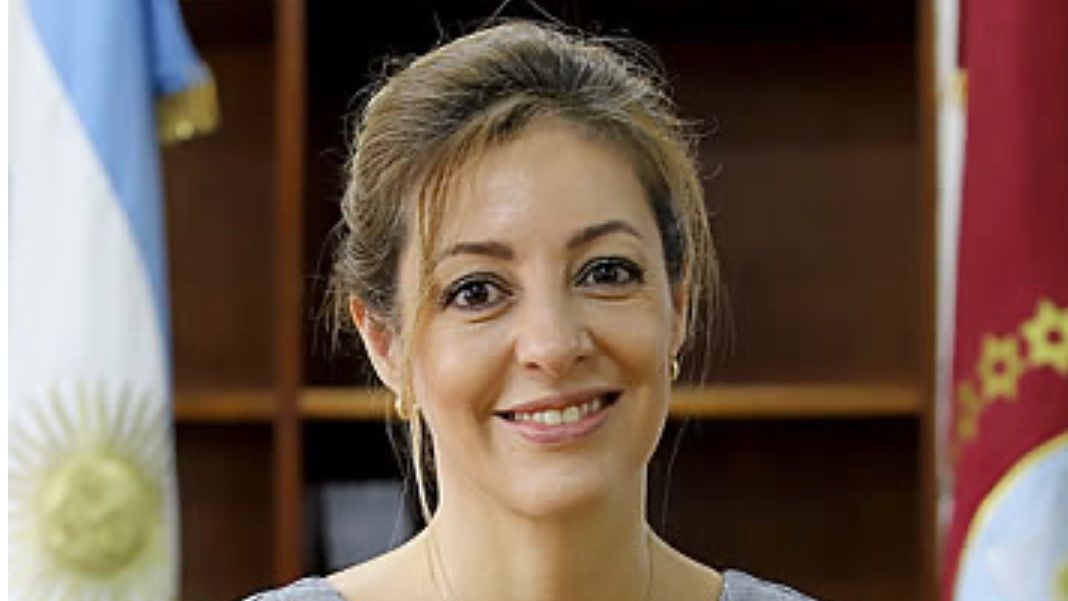
Another of the vacant pigeonholes of the new economic cabinet of Serge Massa. This Sunday it was confirmed that Flavia Royoncurrent secretary of mining of Salta, will be the new secretary of Energy of the Nation in replacement of Dario Martinez, the man from Neuquén who came to that position two years ago, in August 2020.
The other important news is that he is also leaving Frederic Basualdothe fielder who was in charge of the undersecretary of Electric Power, and who clashed with the former minister Martin Guzman.
santiago yanotticurrent vice-president of Cammesa –the Administrative Company of the Electricity Wholesale Market– will replace Basualdo and join the area Federico Bernalwho worked until today as comptroller of the National Gas Regulatory Entity (Enargas), who will be the Undersecretary of Hydrocarbons, and Cecilia Garibottias Undersecretary of Planning.
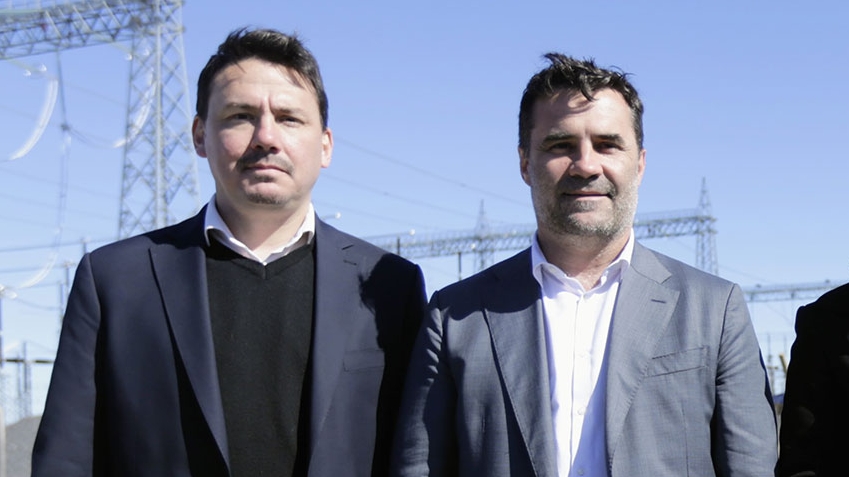
This was confirmed by Twitter tonight Massa. “I announce that starting tomorrow Flavia Royón will join the team as Secretary of Energy, she will be accompanied by Santiago Yanotti as Undersecretary of Electric Power, Federico Bernal as Undersecretary of Hydrocarbons and Cecilia Garibotti as Undersecretary of Planning”wrote the minister.
“I want to thank the work of Dario Martinez, Federico Basualdo and the team that has carried out the task so far at @Energia_AR. Everyone’s goal should be our energy sovereignty and the transformation of Argentina as a power in this sector,” he added. In his first press conference as Minister of Economy, Massa had avoided giving details about the continuity of the team of officials that made up the Ministry of Energy and it was speculated that the news could arrive last Friday.
Massismo explains the designation by arguing that Massa has been working with Royón and Sáenz on energy issues in the north of the country for two and a half years. “He was gaining confidence and listening to her every time the issues of the sector were discussed in Congress,” they highlighted from the environment of the now minister.
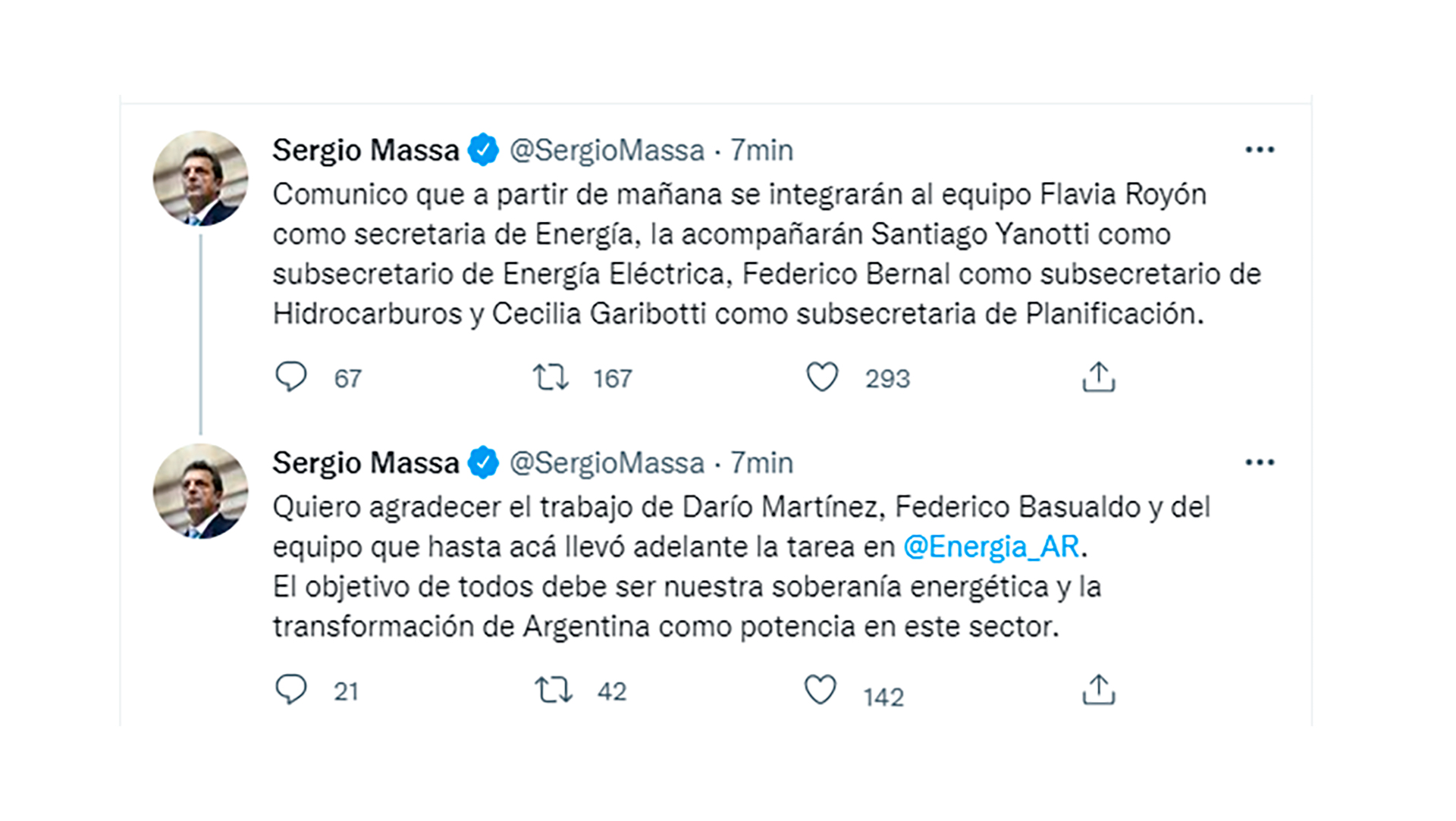
As mentioned, Royón is Salta’s mining secretary, whose governor Gustavo Saenz, is an ally of Massa. Initially, her name had circulated as Secretary of Mining of the Nation in replacement of the Catamarcan Fernanda Avila.
His expertise and experience in recent years is associated with foreign investment projects in lithium (Salta, Jujuy and Catamarca make up the “lithium triangle”), which is another of Massa’s bets to earn foreign exchange and boost exports. Royón is an industrial engineer, has an MBA from the IAE Business School and has a diploma in matters related to comprehensive mining production and management, business and agile methodologies. She has been in office since May 2021. She has experience and good relations with the private sector, to the point that between 2010 and 2014 she chaired the Salta Chamber of Foreign Trade.
From the beginning of his administration, he promoted the design and articulation of the Provincial Plan for Sustainable Mining Development that promotes the planning, modernization, innovation and sustainability of mining activity in that province. In the energy sector, he carries out projects to stimulate investments in exploration in the northwest basin; and the development of renewable energies such as solar and biofuels. She is also a representative of the province before national organizations for the creation of a Nuclear Medicine Center in Salta and in the public sphere she served as Executive Director of Financing and Promotion of Investments of the Province of Salta.
“It is a very experienced technique, very solid”defined it from one of the most important energy companies in the country.
The information that the current official from Salta could become part of the economic team circulated in the last few hours. “Today what we need is for them to come and invest,” said Sáenz hours ago in reference to the impact of mining activity on the regional economy.
In the end, Basualdo leaves
Yanotti will occupy the position of the controversial Basualdo. The current vice president of Cammesa is a lawyer from the National University of Tucumán and in the province he is a partner in the law firm Gasparrotti & Yanotti. He was undersecretary of Institutional Coordination in Energy and, since 2013, director of the Single Entity for Control and Regulation of Provincial Public Services of Tucumán ERSEPT and representative of Tucumán in the Federal Energy Council.
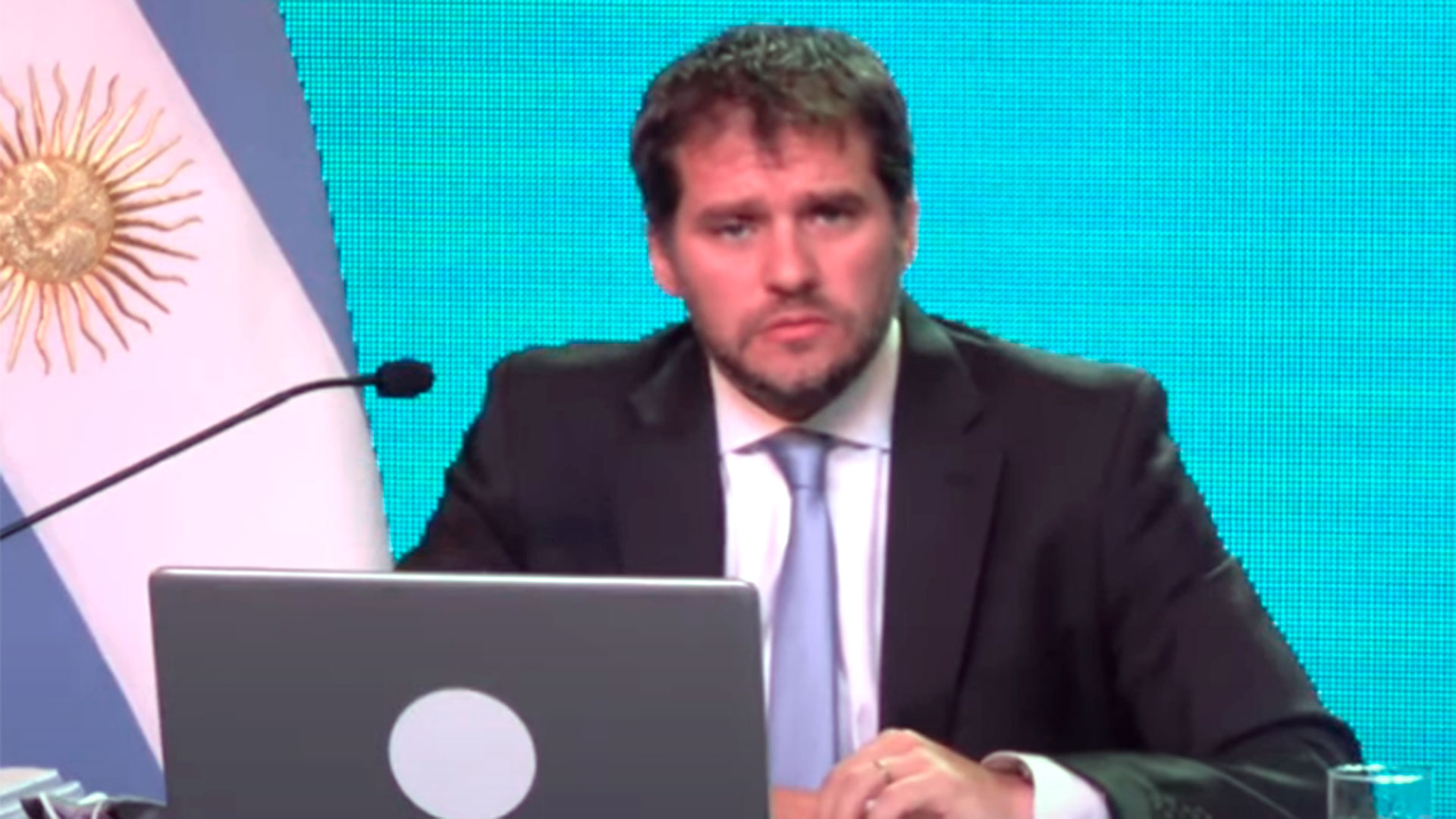
He is close to the Chief of Staff, John Manzur. It is your benchmark in terms of energy regulation and public services.
In a long chain of tweets with thanks to the President and his vice president and good luck to Massa, Martínez assured that “it was an honor to have joined the government of the Frente de Todos and, as a Neuquén, to be able to represent the political movement that I have been part of since I had political conscience”
“We are proud of the work we have done. We have achieved results for the sector that were unthinkable two years ago, with an extremely critical initial situation of activity, then the blow of the pandemic and everything in the framework of a global energy and economic crisis”, he said and in his resignation letter he added that “As a Peronist militant, I will continue working together with our Government on the path of a Just, Free, and Sovereign Homeland.”
the other frederick
It also reaches the secretariat Bernal. This is one of the “Federicos”. Along with Basualdo, they are the referents of the Kirchnerist arm in a key sector of economic management due to the weight of energy subsidies in the fiscal deficit and due to the internal ones that they maintained with former Minister Guzmán due to the delays in implementing the segmentation of the subsidies and tariff segmentation. An item that ended up marking the fate of two Albertism swords, Guzmán himself and Matias Kulfas. The latter resigned from the Ministry of Productive Development complaining about the “exasperating internalism” in the government’s energy sector.
Bernal is an official close to Cristina Fernandez de Kirchner. In addition to being in charge of the body that regulates gas rates throughout the country, he is one of the members of the Patria Institute.
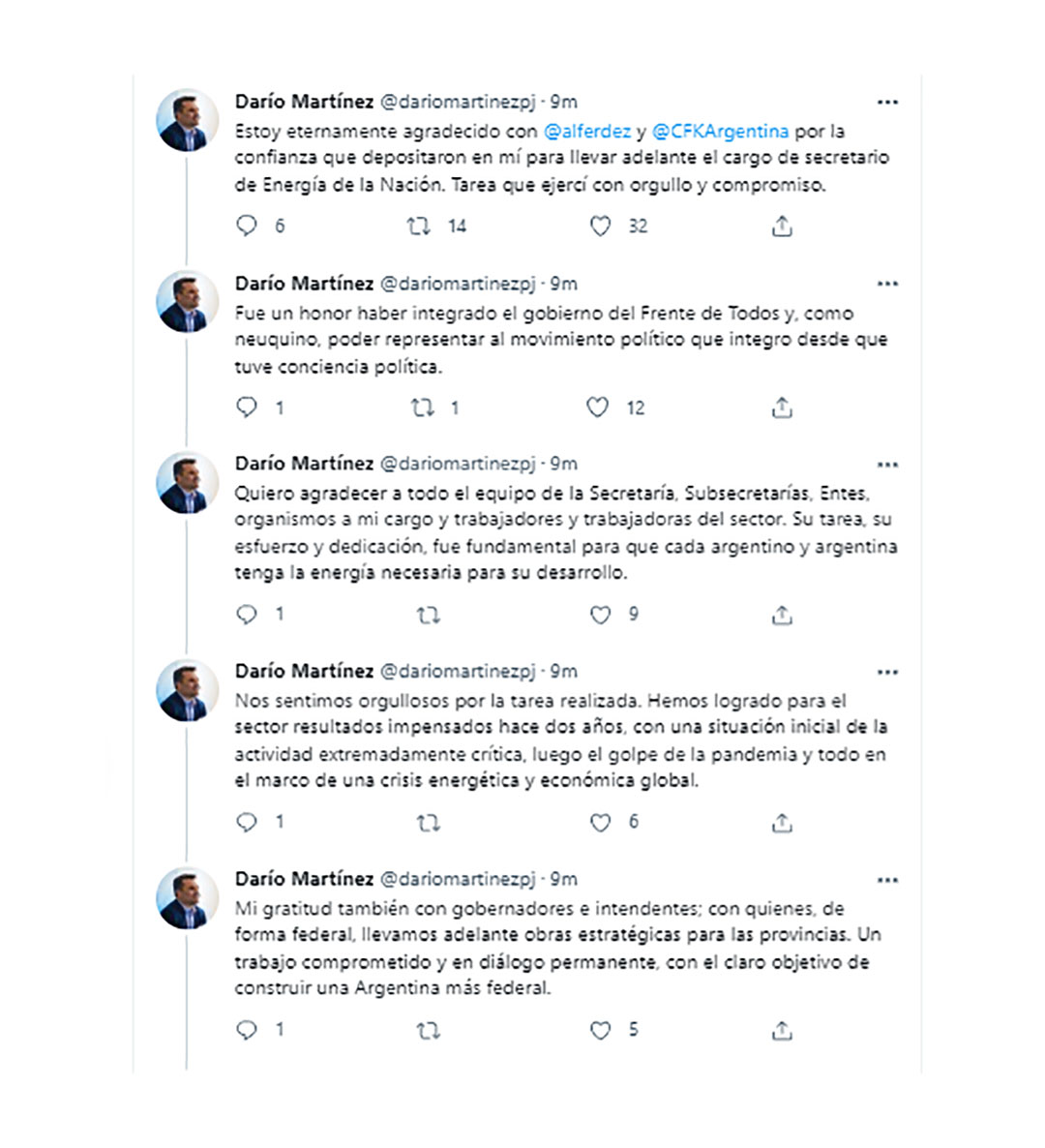
In addition to being in charge of the body that regulates gas rates throughout the country, he is one of the members of the Instituto Patria led by the vice president. Along with other officials such as Basualdo and Soledad Manincomptroller of the ENRE, is a member of the “Christinist wing” of the Energy area.
Graduated from the Biochemistry and Biotechnology career at the University of Buenos Aires (UBA), Bernal was General Director of the Observatory of Energy, Technology and Infrastructure for Development (OETEC). Between 2016 and 2019, he was an advisor to the Energy and Fuels Commission of the National Congress and from 2018 to 2020 he was part of the team of advisors to the block of national senators of the FPV. During the Government of Cristina Fernández de Kirchner, he was an advisor to Julio De Vido, in the former Ministry of Federal Planning.
Although he does not come from the energy sector, Bernal is characterized as a pragmatic official. One of the main managers of an oil company defined him as someone who “learned very quickly” despite not having been trained in companies in the field. And he highlighted his “good dialogue” with the companies.
His biography at OETEC says that he is specialized in Industrial Microbiology and that he was a researcher at the National University of Lanús and a visiting professor at several public universities in the country. He also stands out that he was an advisor to the President of the Commission on Energy and Fuels of the National Congress (2016 to 2019) and a member of the advisory team of the block of national senators of the FPV-PJ (2018 to January 2020).
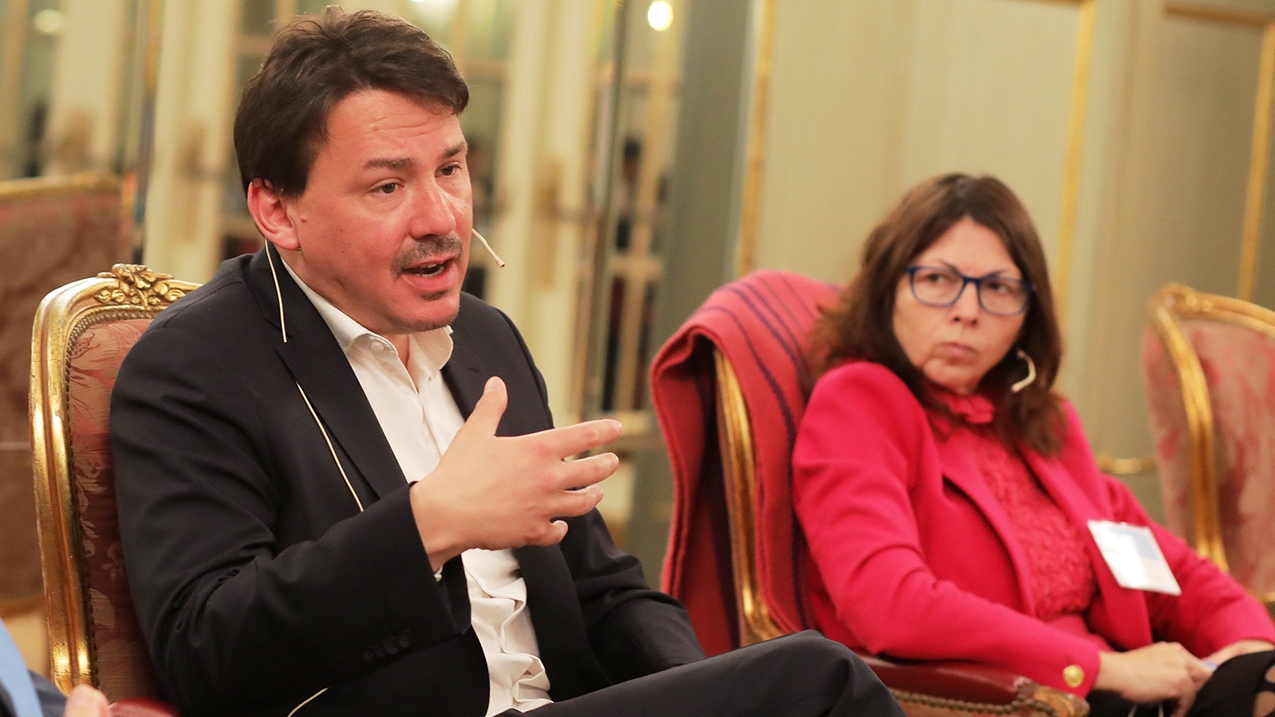
He is the author/co-author of “La scam del tariffazo” (2018); “Nestor and Cristina Kirchner. Planning and federalism in action” (2015); “Energy for development and social inclusion” (2015); “Critique of Argentine neoliberalism” (2015); “Former secretaries of Energy under the magnifying glass” (2015); “Malvinas and Oil. A story of pirates” (2011); “Oil, State and Sovereignty. Towards the Latin American multi-state hydrocarbon company” (2005) and “One hundred years of Argentine oil. Discovery, looting and perspectives” (2008), among others.
internal in the area
During the presidency of Alberto Fernandez, the Energy area was the epicenter of the confrontations with the vice president, especially over the reduction of subsidies (and increases in rates) agreed by Guzmán with the International Monetary Fund. The officials who respond to Cristina Fernández de Kirchner had been demonstrating against the attempts to raise rates and were accused by Guzmán himself of the delays in the plans to remove subsidies.
At the end of 2021, the area officials who have a direct line with the vice president had announced a 20% rate increase for this entire year, a decision that did not have the endorsement of Guzmán at that time, on which the Secretary of State then depended. Energy. Then came the agreement with the Fund, with increases agreed in higher percentages and tied to the evolution of wages: the beneficiaries of the social rate had an increase of 21.6% (40% of the 2021 CVS). And the rest of the users, an increase equivalent to 42.7% (80% of the CVS).
Segmentation was another issue that generated internal. At the end of April 2020, Guzmán decided to fire Basualdo, who had also passed through the ENRE, due to his delays in implementing a rate segmentation plan to reduce energy subsidies. However, with the support of the Vice President, Guzmán was overruled and Basualdo remained in office.
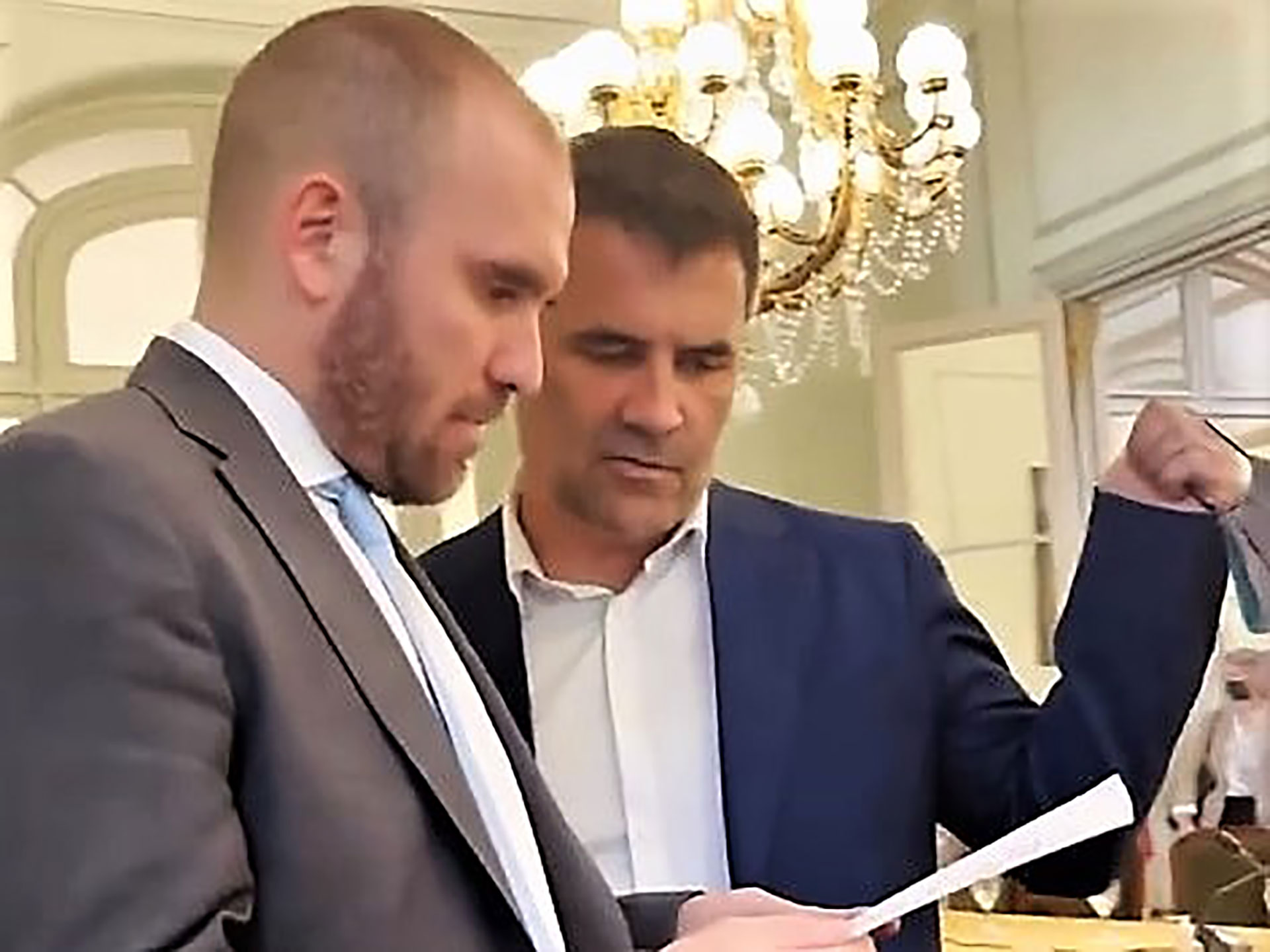
Later, in February of this year, Basualdo and an official from the ENRE presented a work of geographical segmentation, of removing subsidies to 13 neighborhoods of the AMBA. The work was discarded and the segmentation was finally designed by Santiago López Osornio, former Secretary of Energy Planning and official of Martín Guzmán, based on the income of the users and a voluntary form to ask to maintain the subsidies.
With the departure of Guzmán and the arrival of Silvina Batakis to the Ministry of Economy that scheme was maintained and in recent weeks more than 9 million users completed their data. In his first speech as minister, Massa announced that among the households that did ask to maintain the subsidy, consumption savings will be promoted: in electrical energy, consumption of up to 400 kWh will be subsidized, reaching 80% of users and 50% % of residential consumption. In the case of gas, subsidy removal will follow the same logic, but by region, due to climatic differences, distribution cost and seasonality.
KEEP READING:
